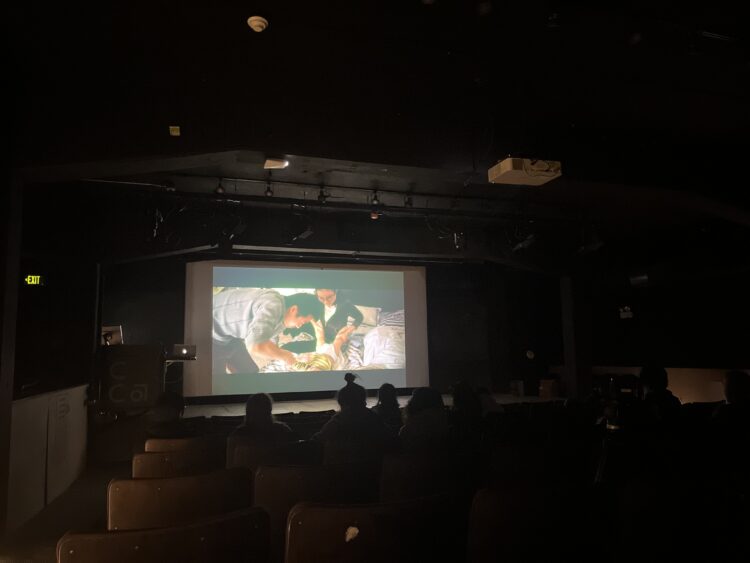Ben Kerr on How A Simple Knowledge of the Law Can Go A Long Way

Portrait of Ben Kerr by Zachary Culler
As COVID-19 continues to affect our health and economy, artists are experiencing a wave of cancellations and issues. Better contract negotiation could help provide more clarity and mitigate loss of income, and yet legal counsel is unaffordable and inaccessible for many artists. Ben Kerr is a lawyer whose firm advises artists on issues like contract drafting, negotiation and review, entertainment law, business formation, and intellectual property. In our three-part online workshop series starting April 9, Kerr will explore the most common law questions artists should know. He will also be available for one-on-one virtual consultations to assist participants with specific concerns.
We spoke to Kerr to get a better understanding of Art Law for Artists.
Alex Teplitzky—Can you describe what the class overall is about? Help give artists a picture of what to expect, and what some key takeaways will be.
Ben Kerr—The class is about practical legal issues relevant to an artist’s professional practice. There is a focus on intellectual property—with an emphasis on copyright—and contract fundamentals. In my 16 years of representing artists, these are the most common legal issues which arise for artists. Intellectual property rights and contracts can seem overwhelming at first glance but these lectures will provide a common-sense, plain-language approach to these topics.
Attendees will have a fundamental understanding of these issues and, hopefully, will feel empowered in their respective practices.
Alex—Looking through your presentations, I see a lot is about copyright. Can you describe some real-life or theoretical scenarios that an artist might be in where they would benefit from this course?
Ben—Copyright is the area of law which dictates intellectual property rights for the majority of an artist’s work. It encompasses almost all visual and performing arts. Copyright registration—which will be taught in the lectures—is the easiest and least expensive way that an artist can protect their work from misappropriation.
Real life scenarios could be registering a painter’s body of work or registering for protections of an individual’s written work. Copyright registration creates additional remedies at law and can lessen the financial burden of seeking legal representation.
Alex—Lots of artists right now are affected by cancelled contracts and events. What are some things your course might teach that would help them in the future?
Ben—Cancellation of events is now a much too common experience that artists are enduring. Knowing how to protect one’s self with contracts can help minimize the negative effects of such a cancellation. Contract law and, more specifically, contract negotiation can provide an artist certain protections where there is a cancellation of an event, show or performance. Contracts can provide guarantees of financial compensation, reimbursement for out of pocket expenses or similar protections to an artist.
Alex—Your firm helps individual artists with issues like the ones you will discuss in your workshop. Should more be done in this country to ensure that artists have legal counsel in their practice, considering they often have the least means to hire a lawyer? How can organizations like Creative Capital advocate for legal support?
Ben—Professional support services like attorneys have traditionally underserved the artistic community. It is no secret that attorneys are expensive and that artists are often stressed financially but a good attorney can really help an artist create a sustainable and viable professional practice.
What I do with my law firm is help bridge the gap between artists and a knowledge of legal and business fundamentals. I feel the legal community as a whole needs to do more to reach out to the artistic community and help support the vital services that artists provide.
Creative Capital is off to a great start by facilitating art law talks and facilitating legal consultations so that artists can have first hand access to legal assistance. I would like to emphasize the artists that I know who are having the most success are the ones that treat their practice professionally and make use of resources like attorneys to further their professional and business development.
Read more about and sign up for Art Law for Artists led by Ben Kerr starting April 9.
